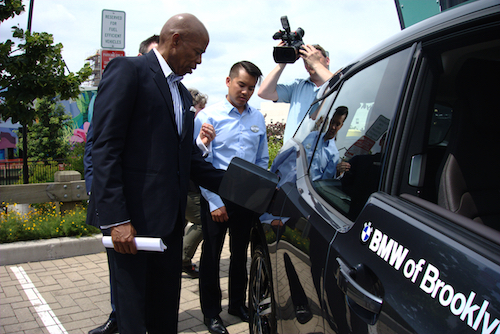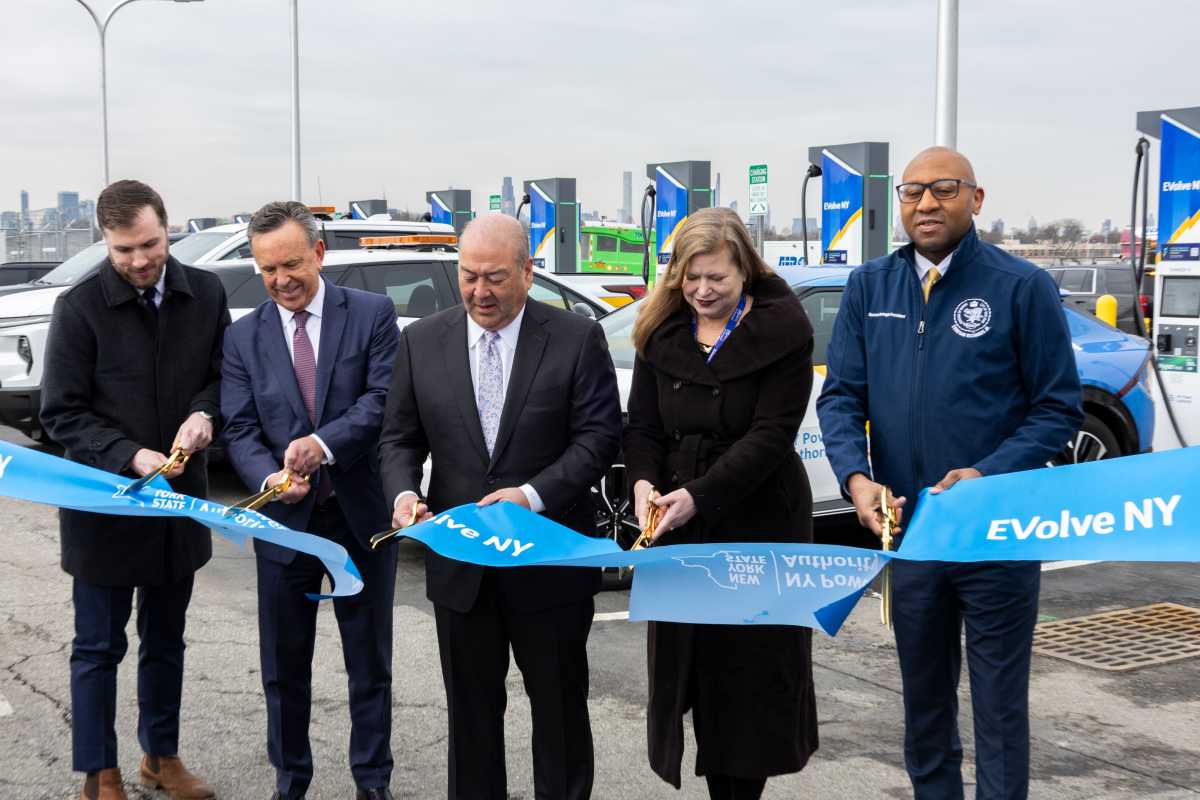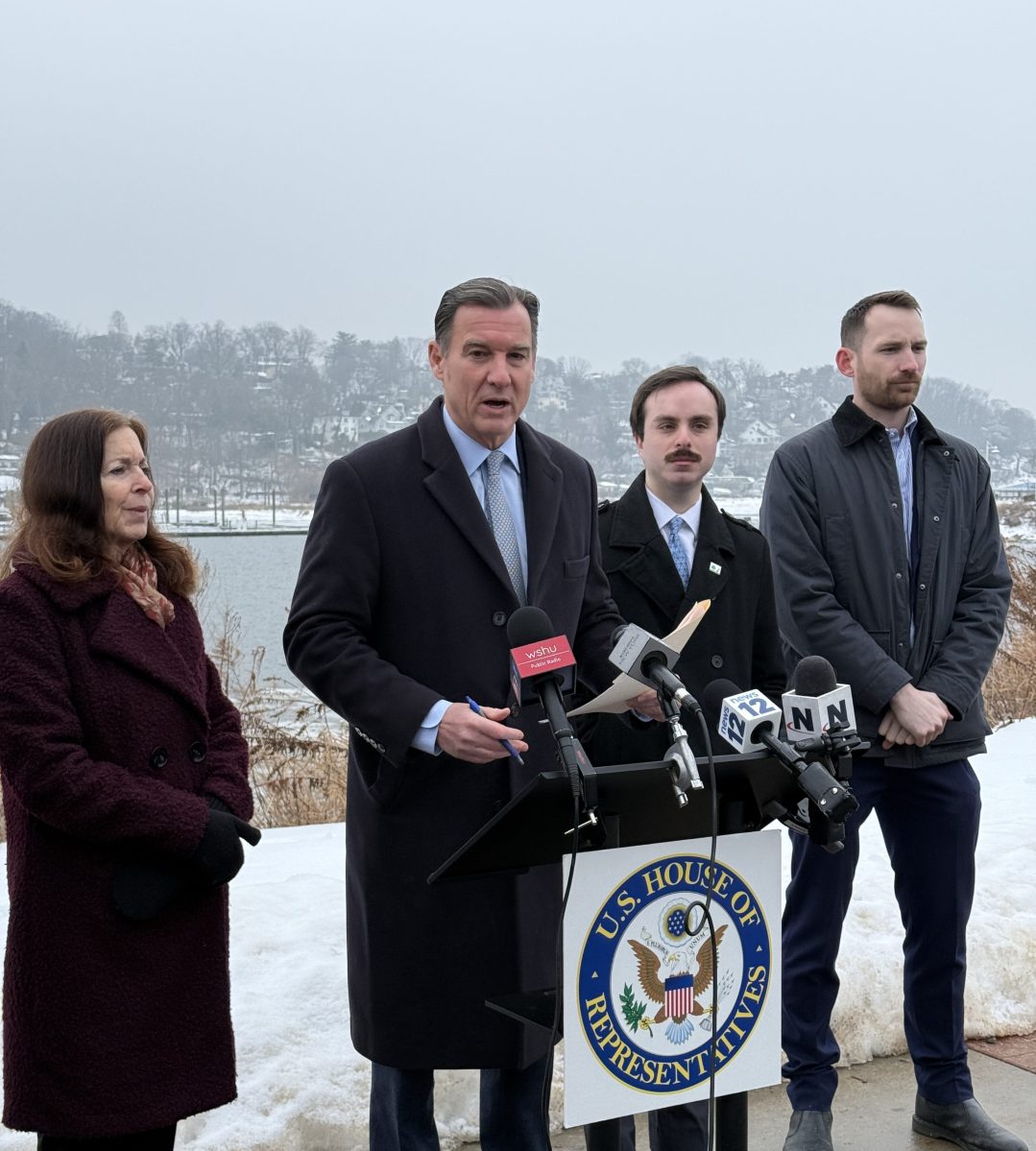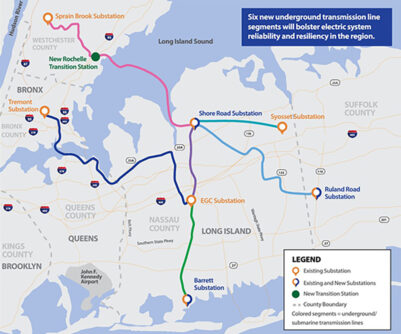Borough President Eric L. Adams yesterday drove into the Gowanus Whole Foods parking lot in a hydrogen fuel cell-powered Toyota Mirai, and promptly rolled out a report that examined the future of Brooklyn’s gas stations.
The report, “Fueling Brooklyn’s Future: Refueling Needs in a Resiliency Era” addressed the state of traditional gas stations in the borough as well as the shift to “greener” fuel options.
Joining the borough president were representatives from BMW, Toyota, Whole Foods, and ChargePoint, to demonstrate the Mirai, the BMW i3, an all-electric vehicle, and the electric car charging station at the Whole Foods location.
“Brooklyn must start the initiative that should cascade throughout the entire country,” said Adams. “We cannot remain in neutral and expect to move the country in the right direction, it’s time to shift to drive.”
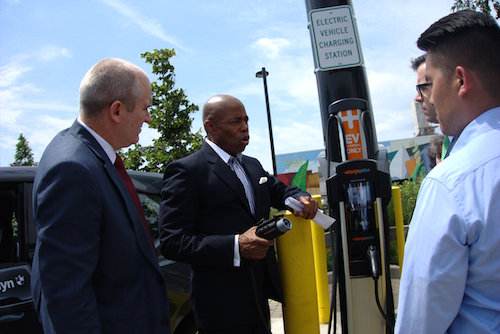
Adams warned of “disappearing” gas stations in Brooklyn, referencing nine stations that have closed since Superstorm Sandy, as well as 12 at risk of closing. Adams cited rising land values in Brooklyn as the catalyst of the issue, adding that the borough had become “almost a victim of our success.”
The report also emphasized the severity of the issue, arguing that a “fuel desert” would affect all New Yorkers, hampering commercial transportation, as well as private.
“The math comes up with a serious problem on our horizons,” said Adams. “So before it reaches a crisis point we need to come up with a proactive plan, and not a reactionary plan.”
He argued that a zoning text amendment allowing for easier transfer of development rights by station owners would protect existing stations, while incentivizing investment in more sustainable fuel options.
In order to quality for this transfer of development rights, stations would need to incorporate “resilient power-generating measures” and alternate fuel technologies such as hydrogen or electric vehicle charging.
“If we’re asking the industry to prioritize, we have to incentivize, and have our businesses and corporations find reasons to invest in this new cutting edge technology,” said Adams. “Let’s find ways to encourage industry to grow here around the hydrogen and electric vehicles.”
The report emphasized that the city, and state, should be supporting movement in the private sector towards cleaner energies. For example, the lack of hydrogen fueling locations in the city makes it difficult for companies and consumers alike.
Kevin Miller, director of Public Policy for Chargepoint, an electric vehicle infrastructure company with 38,000 charging spots in North America, including the site at Whole Foods, said that having convenient charging stations for consumers was crucial.
“Drivers primarily charge their vehicle when they arrive at their destination, like a grocery store, for example, rather than on a pit stop on their way to their destination,” Miller said. “So collaborations like these will ensure that the charging solutions that are deployed are ones that best serve drivers, businesses, and the entire community.”
The report suggested tax incentives, a zoning text amendment, and a commitment of capital funding to the New York City Department of Transportation (NYCDOT) for the creation of electric vehicle stations in Brooklyn.
Adams reiterated the importance of tax incentives on the city, state, and federal level. He added that the conversation on the federal level “is moving in the wrong direction,” arguing that investment in fossil fuel was ill-advised.
“It is similar to trying to figure out what eight track machine you’re going to invest in, in an iPhone age,” he said.


